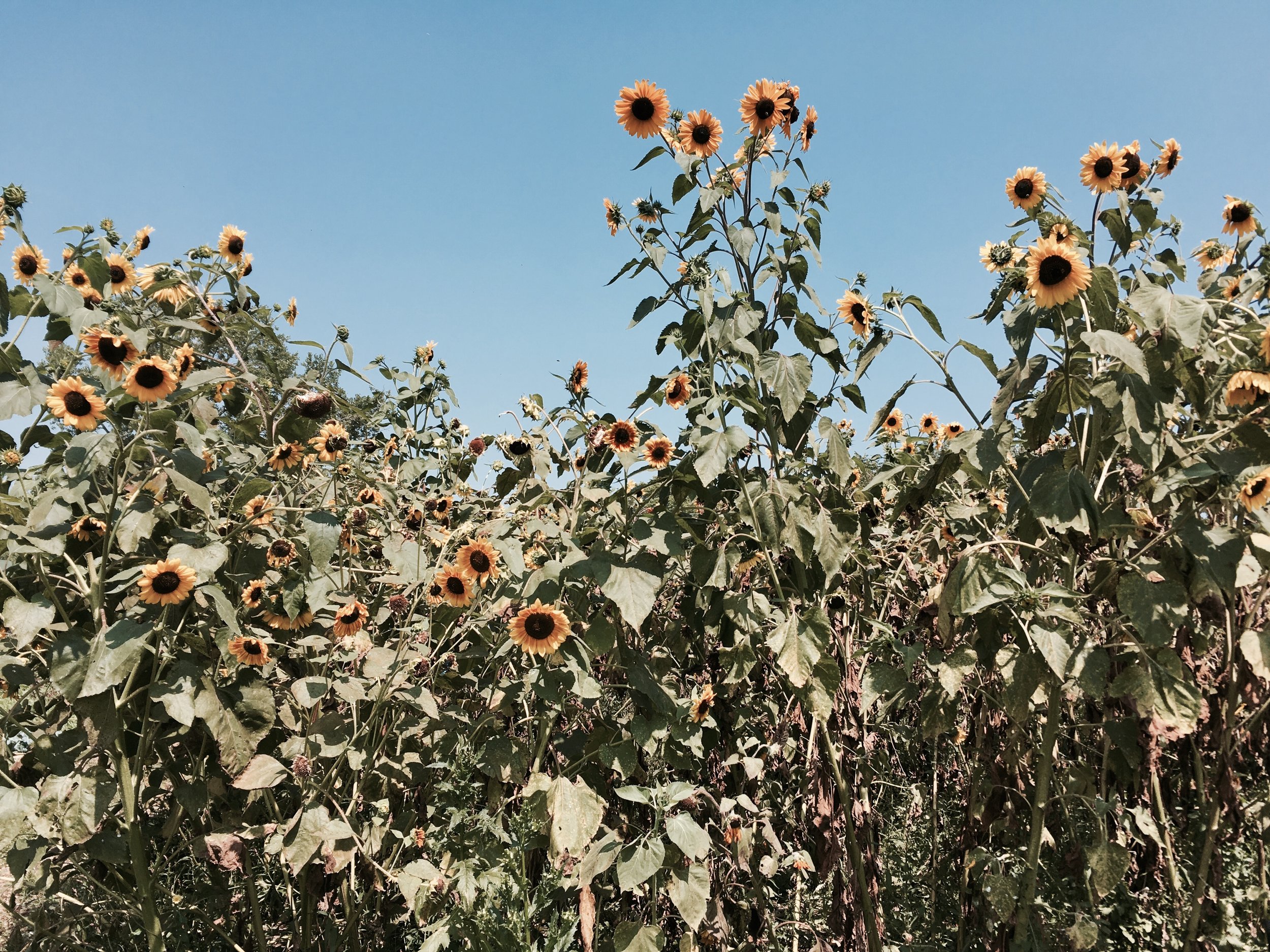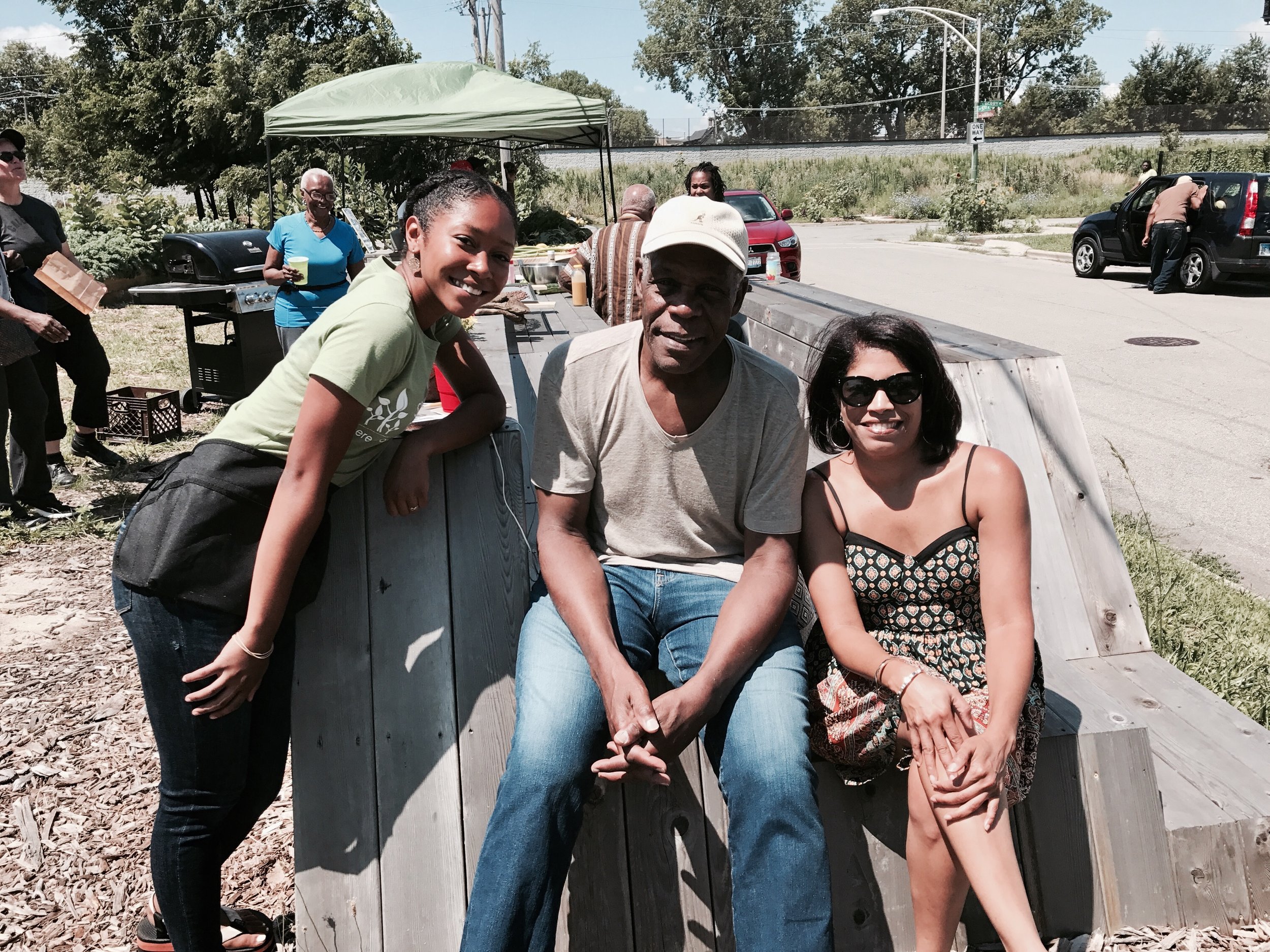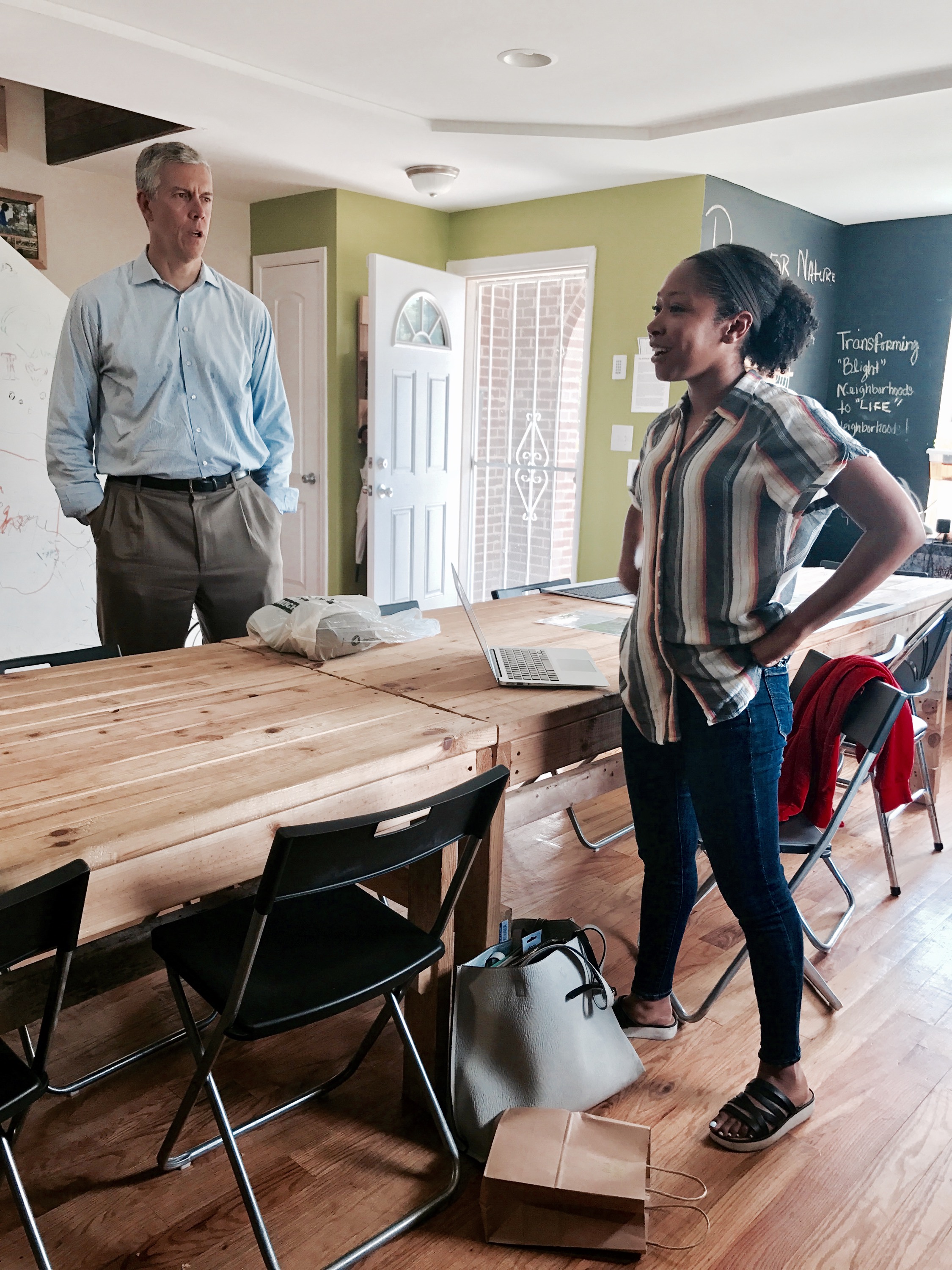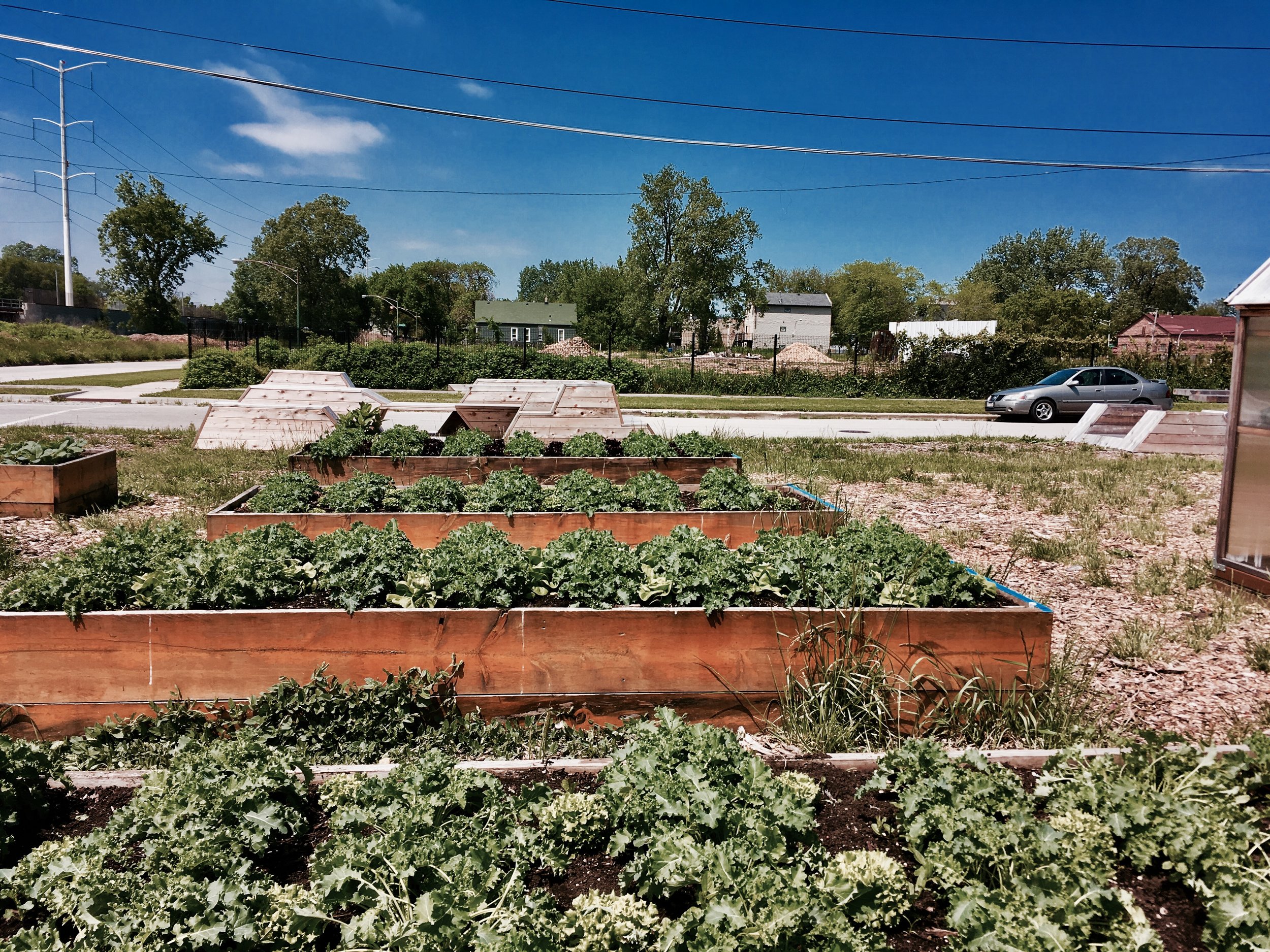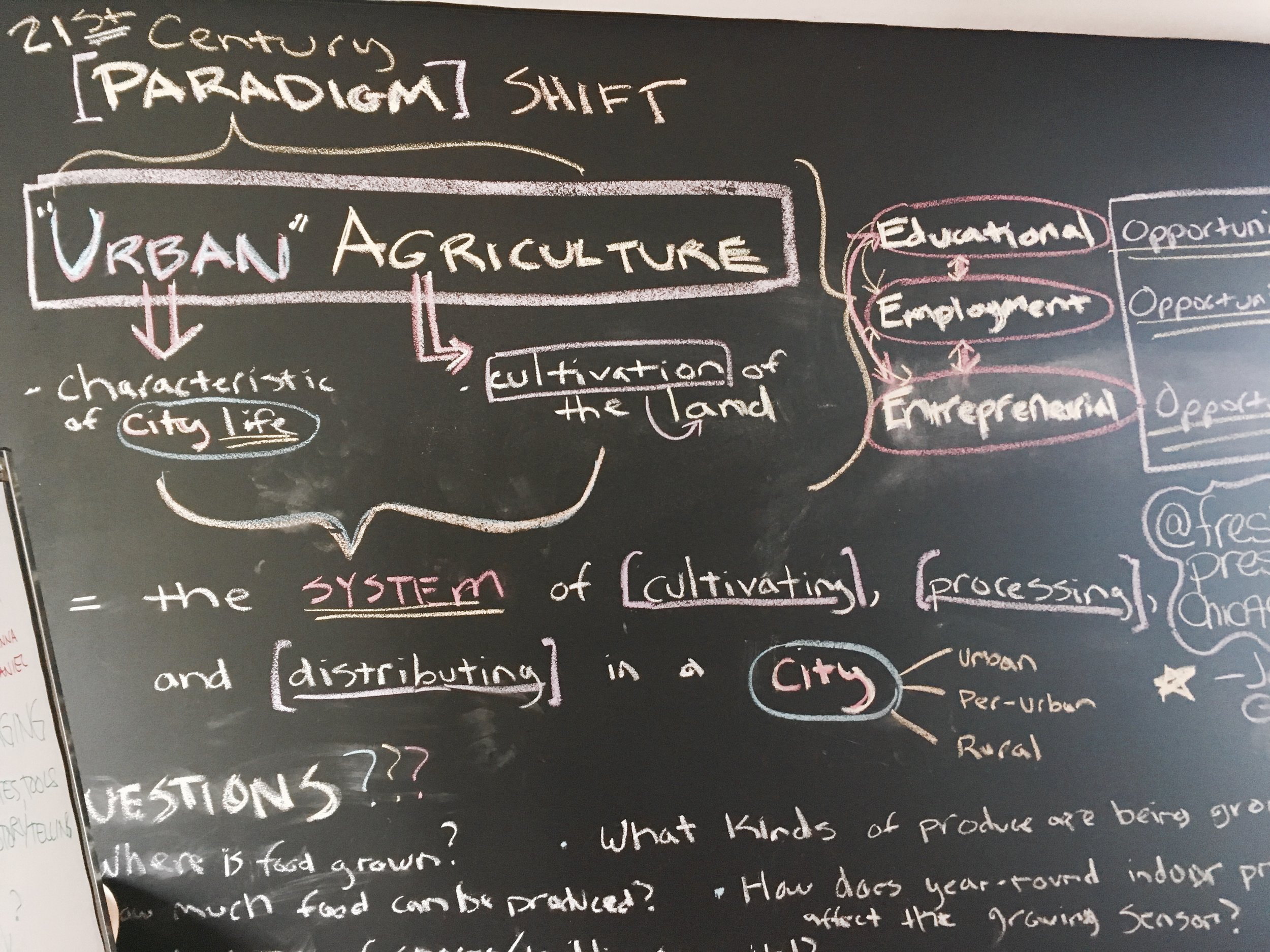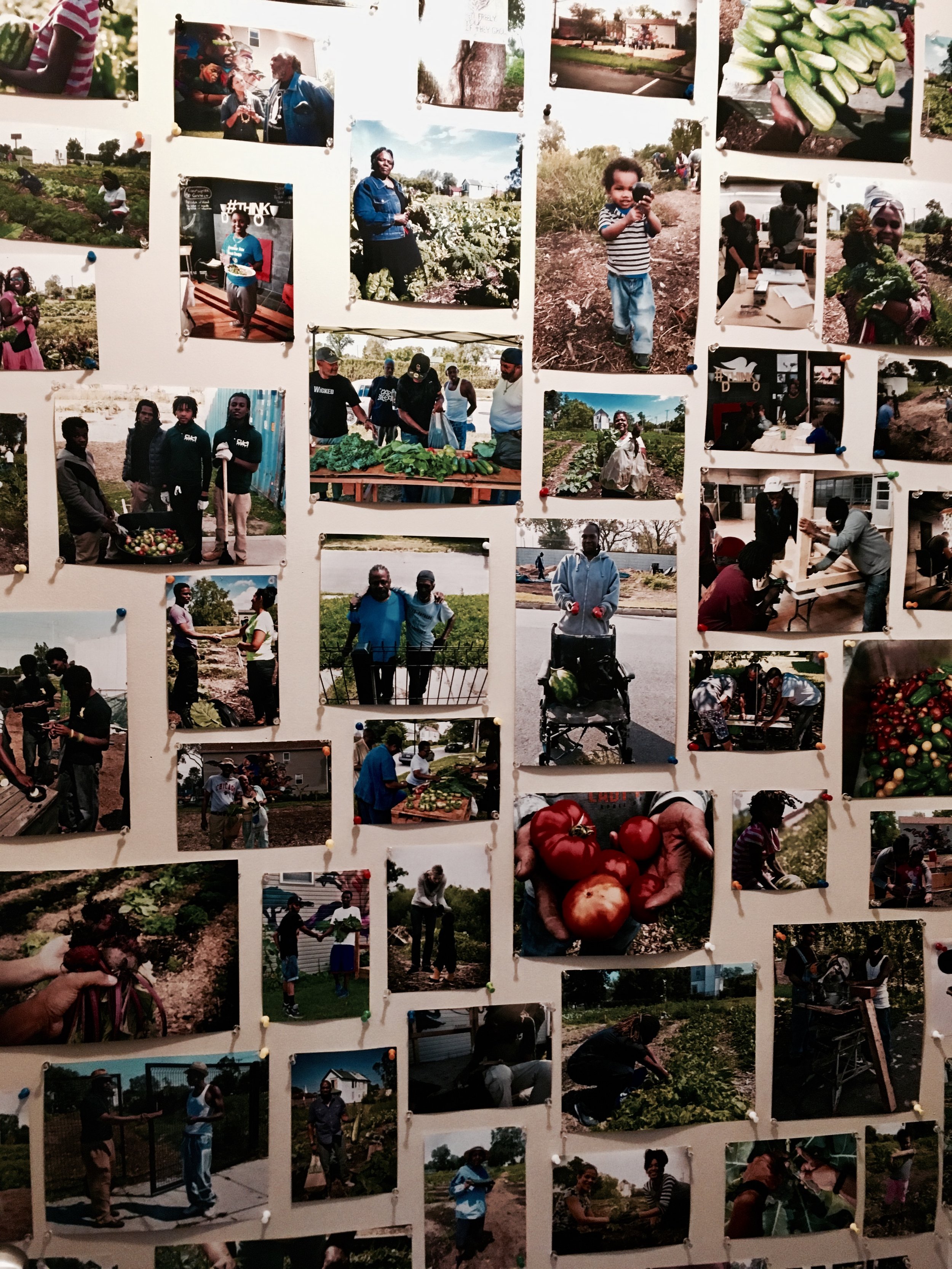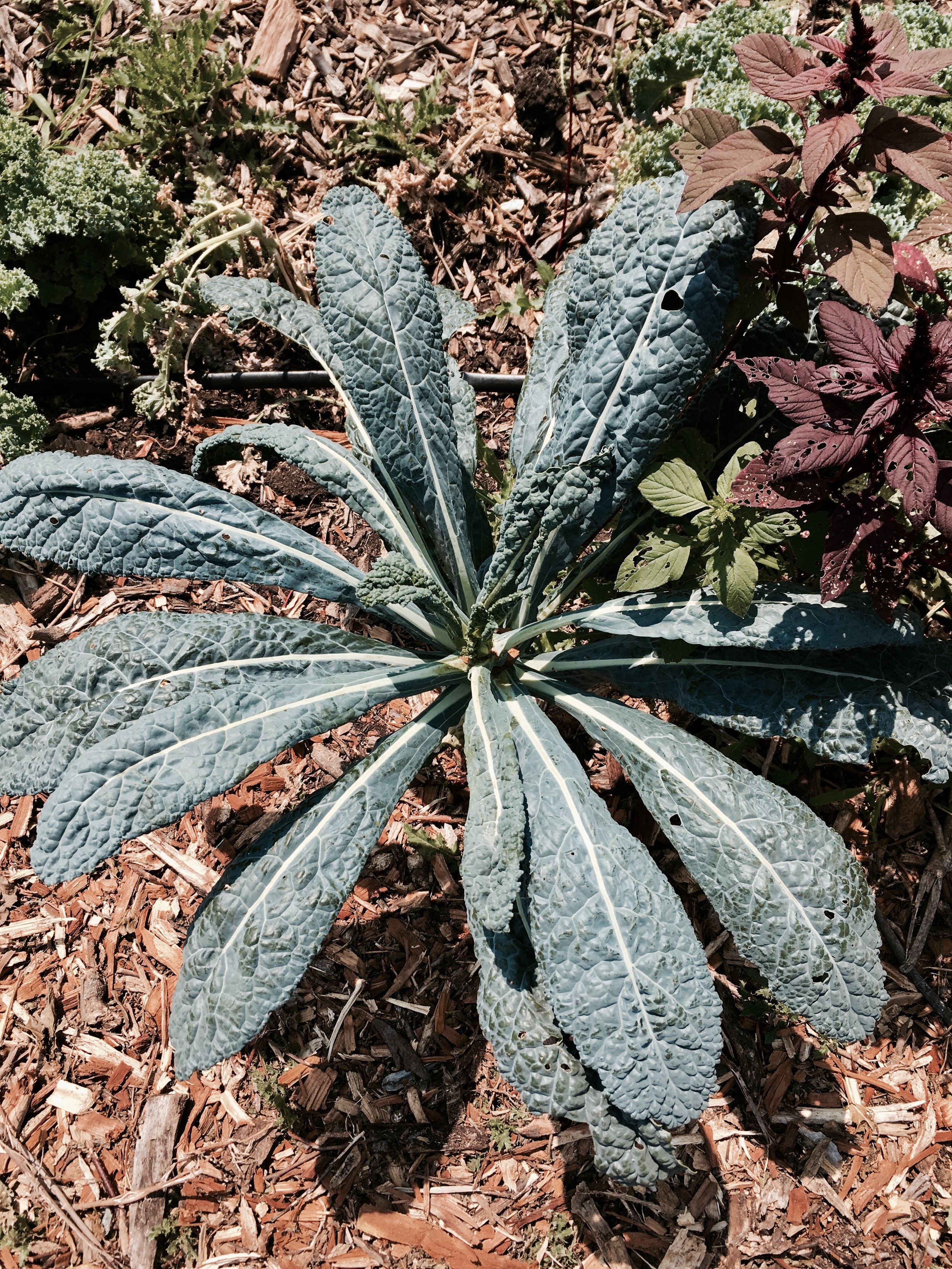“Go out and be a center, a life-giving center, as it were, to a whole community, when the opportunity comes, when you may give life where there is no life, hope where there is no hope, power where there is no power. Begin in a humble way, and work to build institutions that will put black people on their feet.”
What did you actually do this summer?
I enjoy the expression on people’s faces when I tell them I worked on a farm for the summer. A farm?! You mean, in like, southern Illinois?
Well, yes, I worked on a farm this summer… an urban farm with Sweet Water Foundation (SWF) on the southside of Chicago. I was allowed to work at SWF thanks to Cornell, through the DYO Internship and through Societal Solutions Scholars Program (S2 Scholars), a fellowship in the Dyson School. I submitted a proposal based off of growing food in underutilized spaces (front lawns, vacant lots, backyards, etc.) and selling them in a grocery store. It's much more nuanced, so if you wanna see the actual proposal, email me :)
During the start of my internship, I conducted research on the feasibility of this idea by speaking with businesses and nonprofits across the country such as organizations like Groceryships and inspirational activists such as Nikki Silvestri. I asked a variety of questions, trying to get a what solutions are most effective in solving the problem of food inaccessibility: what barriers exist for the individuals you work with the get access to food, what are the flaws of grocery stores in providing fresh, affordable and accessible food to individuals, etc.
Besides the research component of my internship, the most valuable experience interning was feeling the work that goes into growing food. Urban agriculture is something I always romanticized in my head; we should grow food on every vacant lot, every front lawn, every boulevard! First, farming isn’t easy! A lot of energy and power and sweat go into growing those beautiful tomatoes, eggplants, peppers, etc. that are seen at our farmers markets.
I also realize now that it’s much more nuanced than simply growing food in food deserts. It’s not only about food availability. People may have access to healthier food, but they still might not eat those foods or know how to prepare them in a culturally specific manner. The realization has influenced the nature of my project and pushed my research this semester, in finding a way to design a solution that addresses of component of food inaccessibility and food apartheid.
What was your experience like working on a farm?
No day was the same, I can tell you that! Work ranged from a variety of activities; planting squash, cucumbers, and watermelons out on the farm, pulling weeds, including the prickly ones that are a pain to uproot, helping Mama Betty, resident chef, prepare a meal for the group that was coming for the day, preparing newsletters, or running the farmers market on Fridays, harvesting, washing and selling. There’s even more going on at SWF, including architecture and design courses taking place with high school students and furniture design out in the workshop space, but for sake of brevity, I will keep it short and encourage you to go visit SWF (5749 S. Perry Avenue, Chicago IL) to go see the work taking place.
Did you meet any interesting people?
YES, EVERYONE! I don’t want to name names because I’m going to leave someone out; there are too many people to mention. Every single person that I interacted with this summer impacted my perspective on individuals relationship with community and with food. Did I also mention I got to meet Danny Glover and Arne Duncan?! Just gonna drop that on you. Check out the pics.
How has your experience redefined what success looks like?
In choosing this job, I think a lot of reactions from people of me working on a farm come from this concept we have of success ingrained within our minds. That a successful person takes x path to get y. That they have these credentials, attended x university, and if they attended z university, even better, even more prestigious. In choosing to work back home with a non-profit, I was rejecting the system in place of taking smart people and putting them in dull jobs that don’t inspire them, invigorate them, or give them the proper outlet to create effective change within their respective communities.
For me, it’s doing something engaged. Working with people. Building connections and community. There is no amount of prestige or money that can do that. Quite honestly, I spent a lot of time fascinated by the name of a university or the salary of certain jobs. It’s very easy to do, especially given the academic and competitive environment on campus; you want to be just as good as the next person.
I have actively chosen to take back what success means and looks like for myself. What do I value? I really have to ask myself this question daily. It’s not about money or power or prestige or validation by others. Sweet Water Foundation has shown me an alternative, a more organic and meaningful way of living. At the end of my internship, I have never been more mentally, physically, and spiritually satisfied than any experience that I’ve had in my entire life. I’d never expect to find another family amongst my own family in Chicago.
Food For Thought?
Given the quote,
“work which improves the condition of mankind, work which extends knowledge and increase power and enriches literature and elevates thought”, - Grace Lee Boggs
Is your work (whether in school or out of school) reflective of the work above? How can you transform your work into something that is more conducive to societal change?
